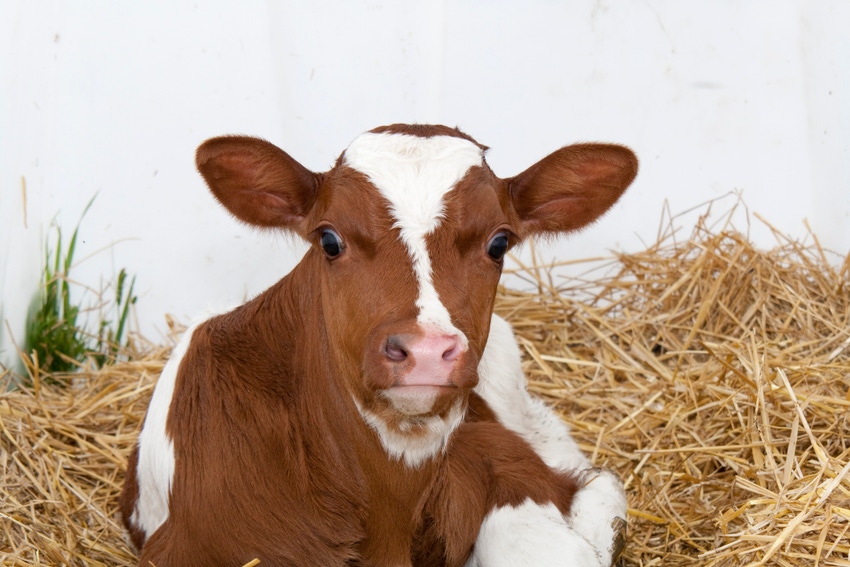Subscribe to Our Newsletters
Feedstuffs is the news source for animal agriculture
Youngest animals on dairy are often most vulnerable, so improving their mortality rates can be key to decreasing costs and improving productivity.
February 8, 2017

You May Also Like